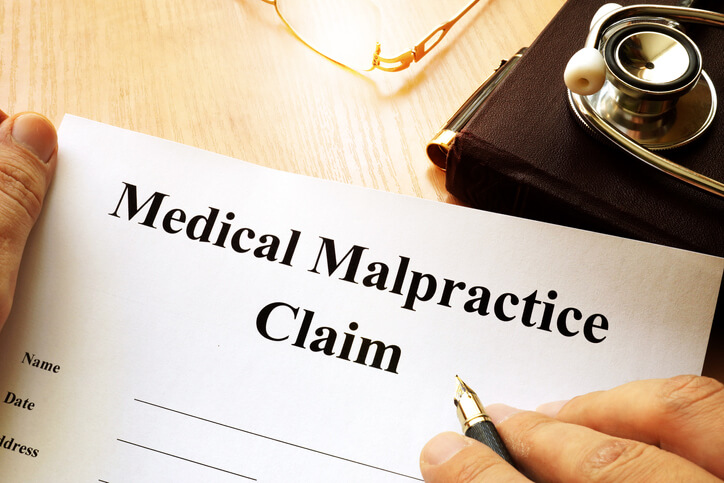Nobody wants to have to deal with an insurance company. This may be truer than ever after you have been in a car accident. The logistics and red tape abound. The hurdles you have to jump to get access to the benefits you need can be stressful and frustrating. Taking things one step at a time, however, can help make things a bit more manageable. It all starts with filing a claim.
Take These Steps to File an Insurance Claim After an Accident
After an accident, there are two types of insurance claims that you may be able to file. There is a first-party insurance claim that you file with your own insurance company. Then, there is a third-party insurance claim that you file with the insurance carrier for another person involved in the accident, such as the at-fault driver who caused the accident.
To file a claim, you will notify the insurance company of the accident and submit the police report as soon as it is available. Doing so sooner rather than later is usually best practice. This is especially true considering there is likely to be a provision in your own insurance policy requiring you to notify your insurance company of an accident within a certain amount of time. Failure to file a claim in a timely manner can also jeopardize your ability to collect on the claim.
Upon being notified of the accident, an investigation of your claim will be launched by the insurance company. They will try to gather as much information about the accident as possible. This can include getting statements from witnesses as well as getting a statement from you. Regardless of whether a request for a statement comes from your insurance company or that of another person’s insurance company, proceed with caution. You may be contractually obligated to provide a statement to your own insurance company, but that is not true in relation to someone else’s insurance provider. Insurance companies are businesses, after all, and they are out to protect their bottom line. They will look for any weakness in your statement and any possible loopholes to try and get out of paying on your claim. Keep all answers to their questions concise and to the point. Do not speculate and, if it is someone else’s insurance company, consider not giving a statement at all.
Based on the investigation, your claim may be denied. Alternatively, the value of your claim may be calculated and a settlement amount proposed. You may accept or reject this settlement offer. There is likely an appeals process outlined in your policy. If you are unable to reach an agreeable settlement, you may have to file suit.
Personal Injury Attorneys
Don’t go up against the insurance companies on your own. The tenacious team at CDH Law is here to fight for you. Contact us today.







